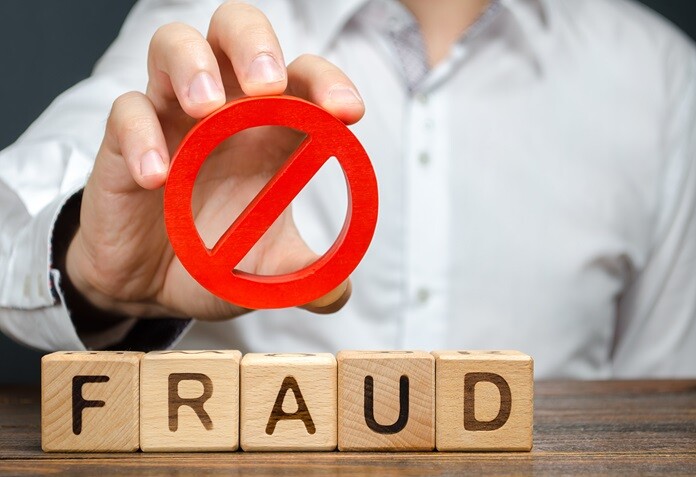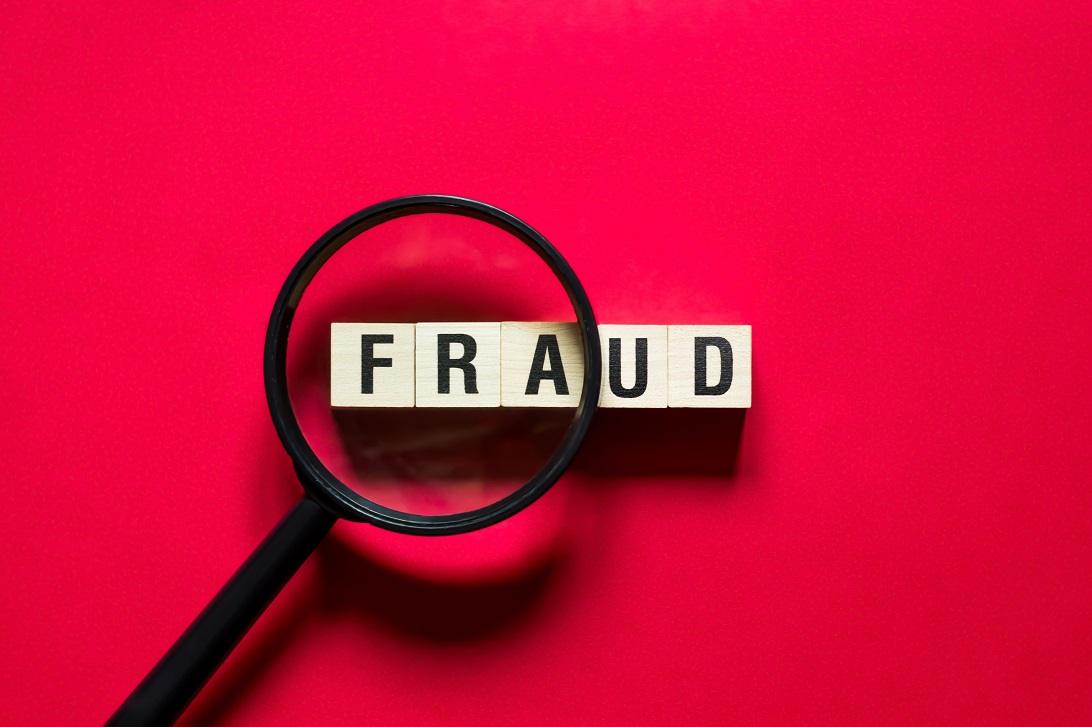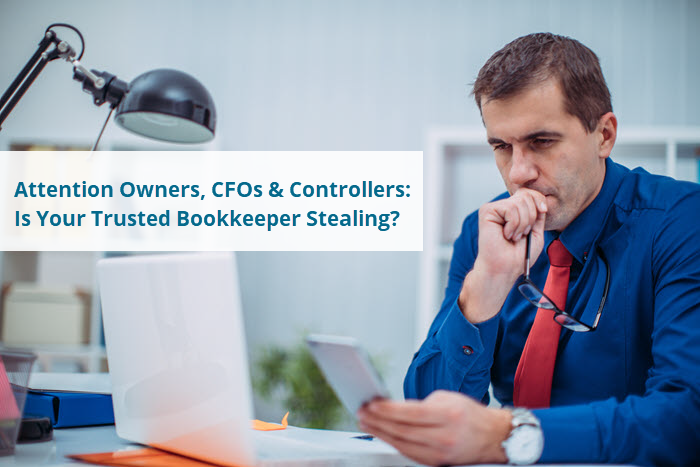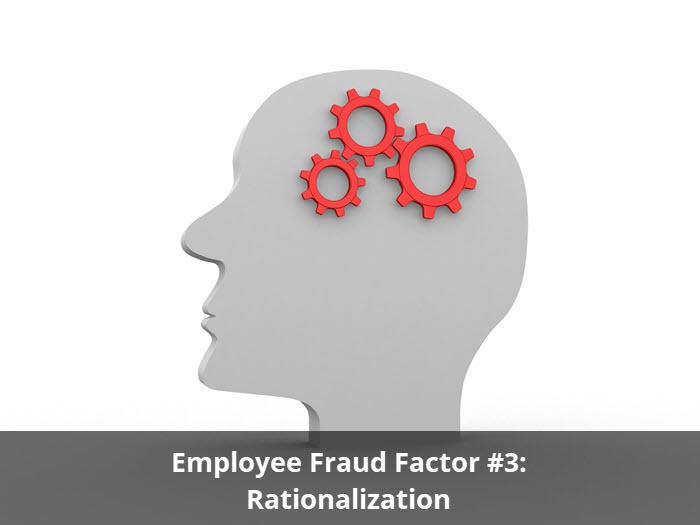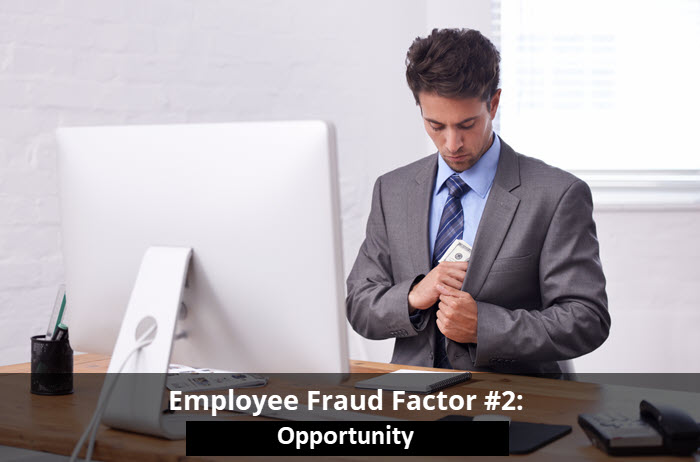According to the 2024 Report to the Nations by the ACFE (Association of Certified Fraud Examiners), organizations lose 5% of their revenue to fraud annually. That equates to a more than $5 trillion loss to fraud globally every year. And while we tend to hope that this kind of thing is happening somewhere else instead of in our backyard, the bulk of this fraud isn’t occurring overseas. In fact, the US and Canada are responsible for 38% of all reported fraud cases worldwide, which gives them the unfortunate distinction of leading the world in fraud.
We’ve known for years now that business fraud is on the rise dramatically across most categories. According to the ACFE, asset misappropriation schemes are the most common but least costly, while financial statement fraud is the least common but most costly. Falling somewhere in the middle of both spectrums are other forms of business fraud like billing schemes, check and payment tampering, and theft of non-cash assets. But there are also far more sophisticated fraud schemes emerging these days as well. A Cybersecurity Dive article from last year revealed a new startling trend – the uptick in financial scams using deepfake technology. While this may sound more like Sci-Fi movie than a business news headline, consider the fact that a recent report by Deloitte speculated that fraud losses may hit $40 billion by 2027 due to generative AI magnifying the risk of banking fraud.
At this point, it isn’t a question of whether your organization will become a target of fraud anymore, but when. Of course, that begs the question: How are you protecting your organization from fraud?

